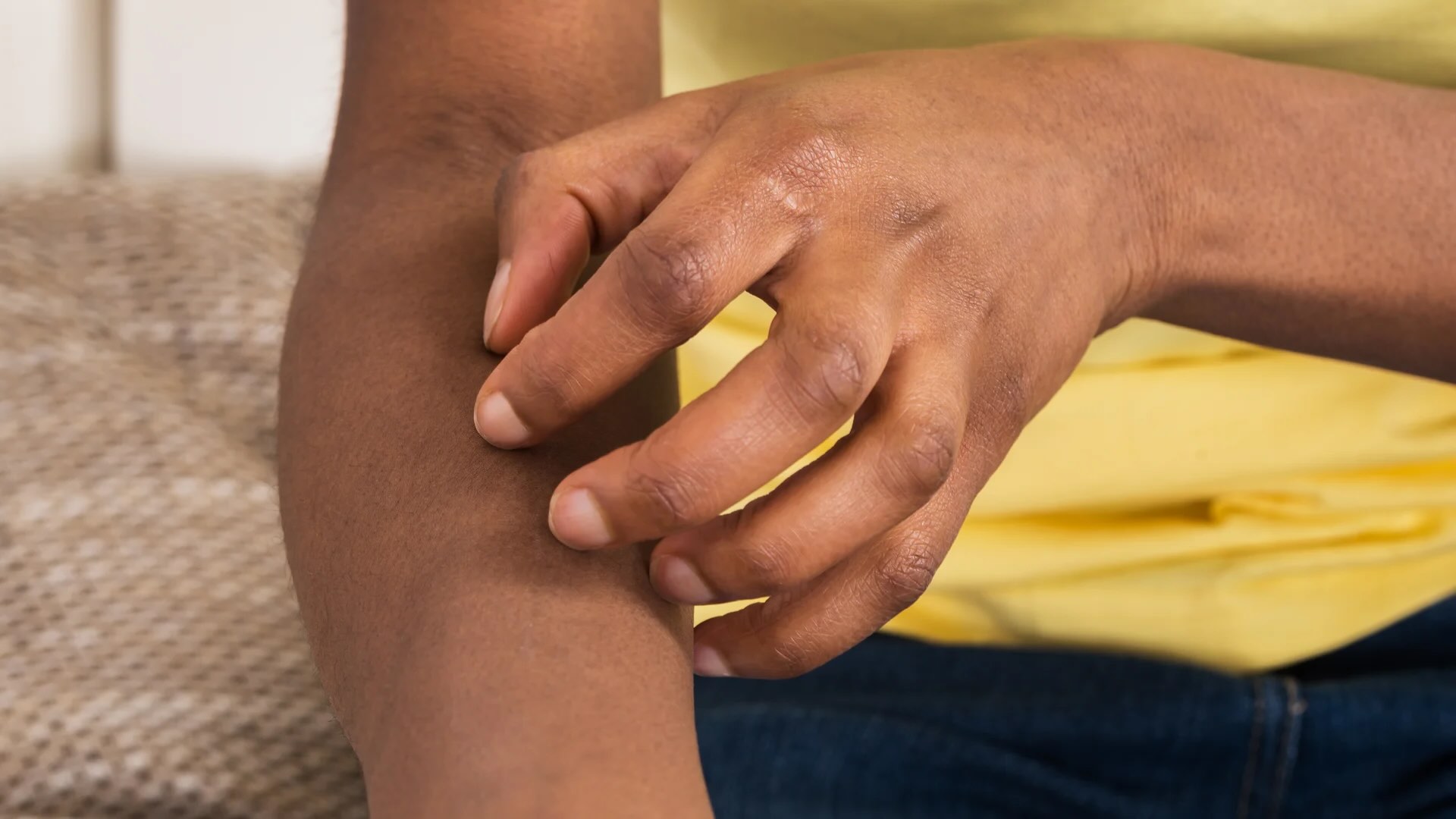
Why do we itch? It's a question that has puzzled humans for centuries. Itching is more than just an annoying sensation; it's a complex response involving our skin, nerves, and brain. When something irritates our skin, specialized nerve cells called pruriceptors send signals to the brain, triggering the urge to scratch. This reaction can be caused by various factors, including allergies, insect bites, dry skin, and even psychological stress. Scratching might provide temporary relief, but it can also lead to more irritation or even infection. Understanding the science behind itching helps us find better ways to manage it. Ready to dive into 37 fascinating facts about itching? Let's get scratching!
What Causes Itching?
Itching, also known as pruritus, can be caused by various factors. Understanding these causes can help manage and treat the itch effectively.
- Dry Skin: When skin lacks moisture, it can become dry and itchy. This is common in winter or in arid climates.
- Allergic Reactions: Allergens like pollen, pet dander, or certain foods can trigger itching.
- Insect Bites: Mosquitoes, fleas, and other insects inject saliva or venom that causes itching.
- Skin Conditions: Eczema, psoriasis, and dermatitis are skin conditions that often cause intense itching.
- Medications: Some drugs, including antibiotics and antifungals, can cause itching as a side effect.
- Internal Diseases: Conditions like liver disease, kidney failure, and thyroid problems can lead to itching.
- Nerve Disorders: Diseases affecting the nervous system, such as multiple sclerosis, can cause itching.
- Psychological Factors: Stress and anxiety can sometimes manifest as itching.
How Does Itching Work?
The sensation of itching involves complex interactions between the skin, nerves, and brain. Here's how it happens:
- Nerve Endings: Specialized nerve endings in the skin detect irritants and send signals to the brain.
- Histamines: When the skin is irritated, it releases histamines, which cause itching.
- Spinal Cord: Itch signals travel through the spinal cord to the brain.
- Brain Response: The brain interprets these signals as an itch, prompting the urge to scratch.
- Scratching: Scratching temporarily relieves the itch by creating mild pain, which distracts the brain from the itch.
- Cycle of Itch: Scratching can damage the skin, leading to more itching and creating a vicious cycle.
Interesting Facts About Itching
Itching is more than just an annoying sensation. Here are some intriguing facts about it:
- Universal Experience: Almost everyone experiences itching at some point in their lives.
- Nocturnal Itch: Itching often worsens at night due to changes in body temperature and reduced distractions.
- Phantom Itch: People can experience itching in limbs that have been amputated.
- Itch and Pain: Itch and pain are closely related; both are processed by the same nerve pathways.
- Itch Reflex: Scratching is a reflex action that can be difficult to resist.
- Chronic Itch: Some people suffer from chronic itching, which can significantly impact their quality of life.
- Itch Research: Scientists are still studying the exact mechanisms of itching to develop better treatments.
How to Relieve Itching
Managing itching involves various strategies, from home remedies to medical treatments. Here are some effective ways to find relief:
- Moisturizers: Keeping the skin hydrated can prevent and relieve itching caused by dryness.
- Cold Compresses: Applying a cold compress can soothe itchy skin by numbing the area.
- Oatmeal Baths: Colloidal oatmeal has anti-inflammatory properties that can reduce itching.
- Antihistamines: Over-the-counter antihistamines can help relieve itching caused by allergies.
- Topical Steroids: Creams containing steroids can reduce inflammation and itching.
- Avoid Irritants: Identifying and avoiding triggers like certain fabrics or soaps can prevent itching.
- Hydrocortisone Cream: This over-the-counter cream can provide temporary relief for mild itching.
- Cool Showers: Taking cool showers instead of hot ones can help reduce itching.
- Loose Clothing: Wearing loose, breathable clothing can prevent irritation and itching.
When to See a Doctor
While most itching is harmless, some cases require medical attention. Knowing when to seek help is crucial:
- Persistent Itching: If itching lasts more than a few weeks, consult a doctor.
- Severe Itching: Intense itching that interferes with daily activities needs medical evaluation.
- Rash or Blisters: If itching is accompanied by a rash, blisters, or other skin changes, see a healthcare provider.
- Signs of Infection: Redness, swelling, or pus may indicate an infection that requires treatment.
- Underlying Conditions: If itching is related to a known medical condition, follow up with your doctor.
- Unexplained Itching: Itching without an obvious cause should be investigated by a healthcare professional.
- Medication Side Effects: If a new medication causes itching, contact your doctor for advice.
The Final Scratch
Itching is more than just a minor annoyance. From mosquito bites to allergic reactions, itches can tell us a lot about our bodies. Understanding the science behind itching helps us manage it better. Remember, scratching might feel good at first, but it can lead to more irritation or even infection.
Histamines play a big role in why we itch, and knowing this can guide us in choosing the right treatments. Antihistamines and cooling lotions can be lifesavers. Also, keeping your skin moisturized can prevent many common itches.
Next time you feel that familiar tingle, think about what might be causing it. Is it dry skin, an allergy, or something else? Knowing the cause can help you find the best solution. Stay informed, stay comfortable, and keep those itches at bay!
Was this page helpful?
Our commitment to delivering trustworthy and engaging content is at the heart of what we do. Each fact on our site is contributed by real users like you, bringing a wealth of diverse insights and information. To ensure the highest standards of accuracy and reliability, our dedicated editors meticulously review each submission. This process guarantees that the facts we share are not only fascinating but also credible. Trust in our commitment to quality and authenticity as you explore and learn with us.
